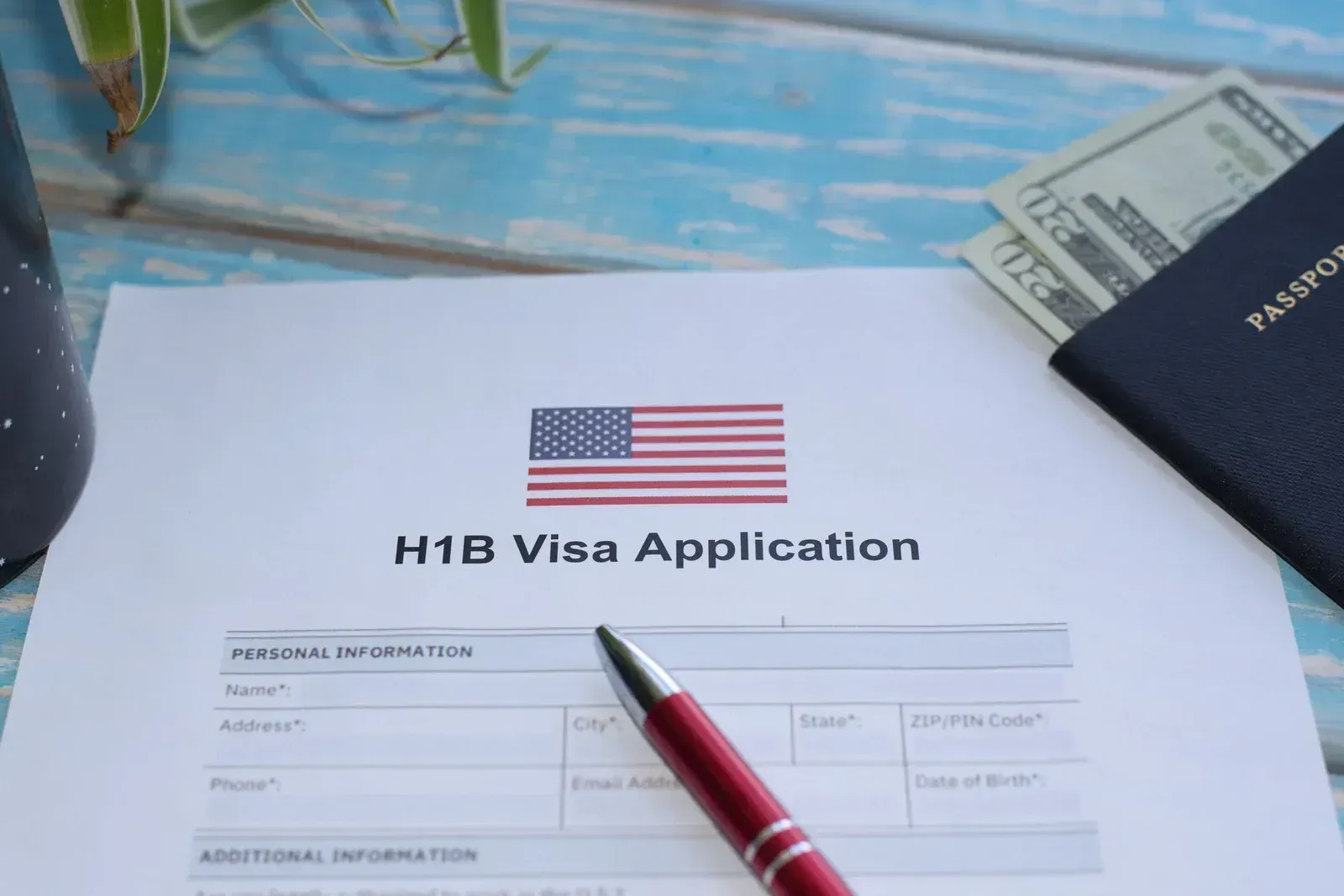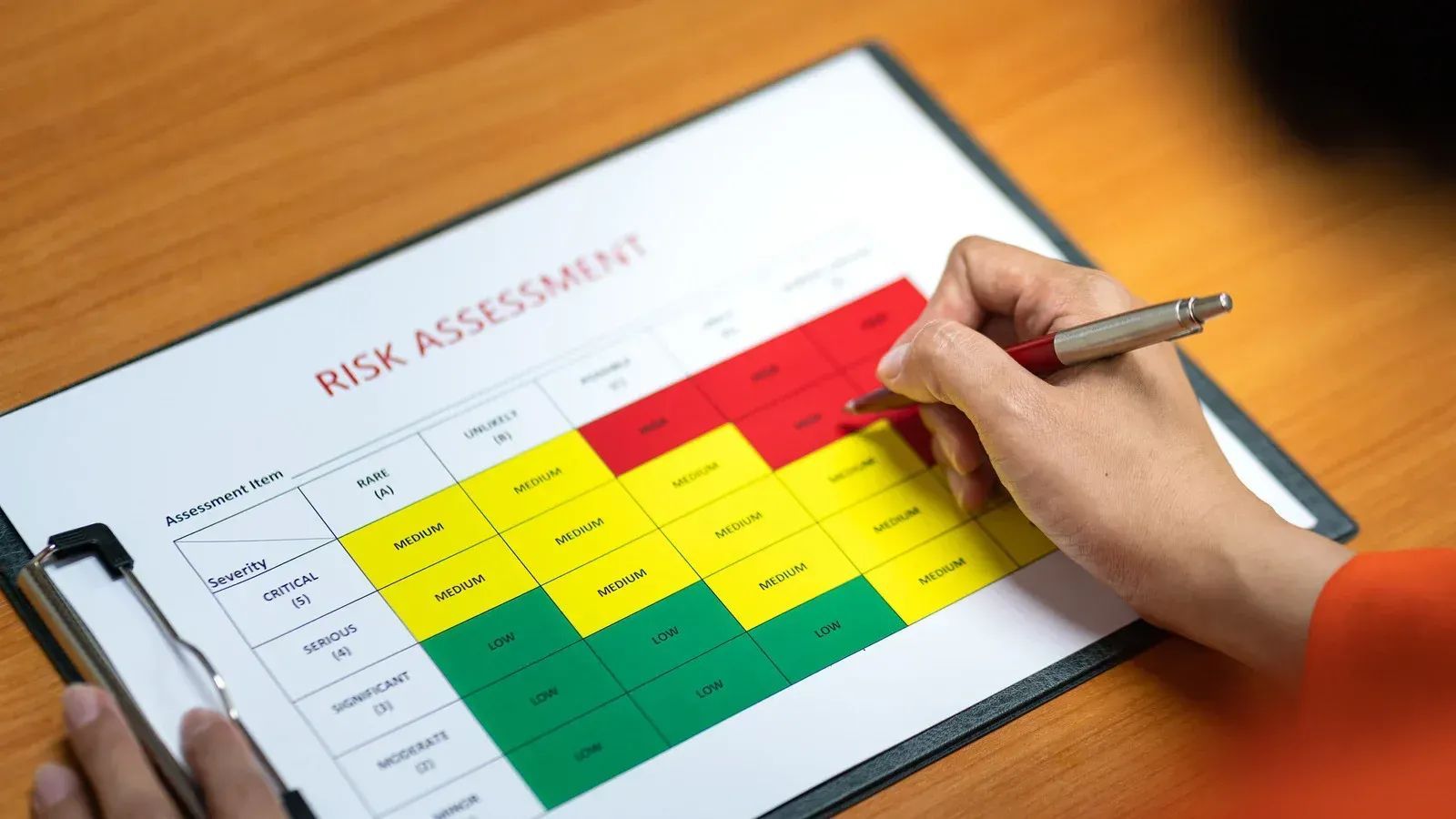Navigating the Complexities of Business & Employment Visas
June 6, 2025

For professionals, entrepreneurs, and companies looking to work or invest in the United States, securing the appropriate business or employment visa is a crucial step. These visas serve as gateways to economic opportunity and talent mobility, but are governed by intricate legal requirements. U.S. immigration law offers a wide range of visa classifications, each with specific eligibility criteria, documentation requirements, and application procedures. From multinational executives to skilled professionals, the visa process demands a deep understanding of immigration policies and compliance standards. Legal guidance is essential to avoid delays, ensure accuracy, and secure approval. This blog will break down the key aspects of navigating business and employment visas and highlight what applicants need to keep in mind.
1. Understanding the Visa Categories
Business and employment visas fall into two primary groups: non-immigrant (temporary) and immigrant (permanent). Non-immigrant options include the H-1B for specialty occupations, L-1 for intra-company transferees, and O-1 for individuals with extraordinary abilities. Immigrant options, such as the EB-2 and EB-3 categories, lead to permanent residency. Each type has different timelines, quotas, and requirements that must be met. Selecting the correct visa is the foundational step in the process.
2. Sponsorship and Employer Obligations
Most employment-based visas require a U.S. employer to sponsor the applicant. This includes filing a petition with U.S. Citizenship and Immigration Services (USCIS) and often obtaining certification from the Department of Labor (DOL). Employers must demonstrate a legitimate job offer, meet wage and labor standards, and maintain compliance throughout the employee's stay. The sponsorship process involves meticulous paperwork and adherence to strict government timelines.
3. Documentation and Application Process
Visa applications demand a thorough and accurate presentation of the applicant’s qualifications, employer information, and supporting documents. Mistakes or omissions can result in delays or denials. Typical documentation includes educational credentials, job descriptions, employment letters, and proof of business operations. Legal professionals ensure the application package is complete and compliant, which is critical in an ever-evolving immigration landscape.
4. Challenges and Legal Considerations
Securing a business or employment visa often involves navigating bureaucratic hurdles, changing regulations, and unpredictable processing times. Visa caps (such as for H-1Bs), Requests for Evidence (RFEs), and consular interviews can complicate the path to approval. Immigration attorneys play a vital role in addressing these challenges by preparing clients, responding to government inquiries, and advocating for favorable outcomes. Legal counsel minimizes risk and enhances the probability of success.
Successfully obtaining a business or employment visa requires more than filling out forms—it demands strategy, precision, and ongoing compliance. With the help of experienced immigration attorneys, individuals and companies can navigate the complexities of the process with confidence, knowing their interests are protected and aligned with legal requirements.
Ibrahim & Dobaria Law, PLLC, located in Lansdale, Pennsylvania, offers over 45 years of combined legal experience. Our firm provides comprehensive immigration services, including assistance with business and employment visas, guiding clients through each stage with professionalism and in-depth knowledge of U.S. immigration law.







